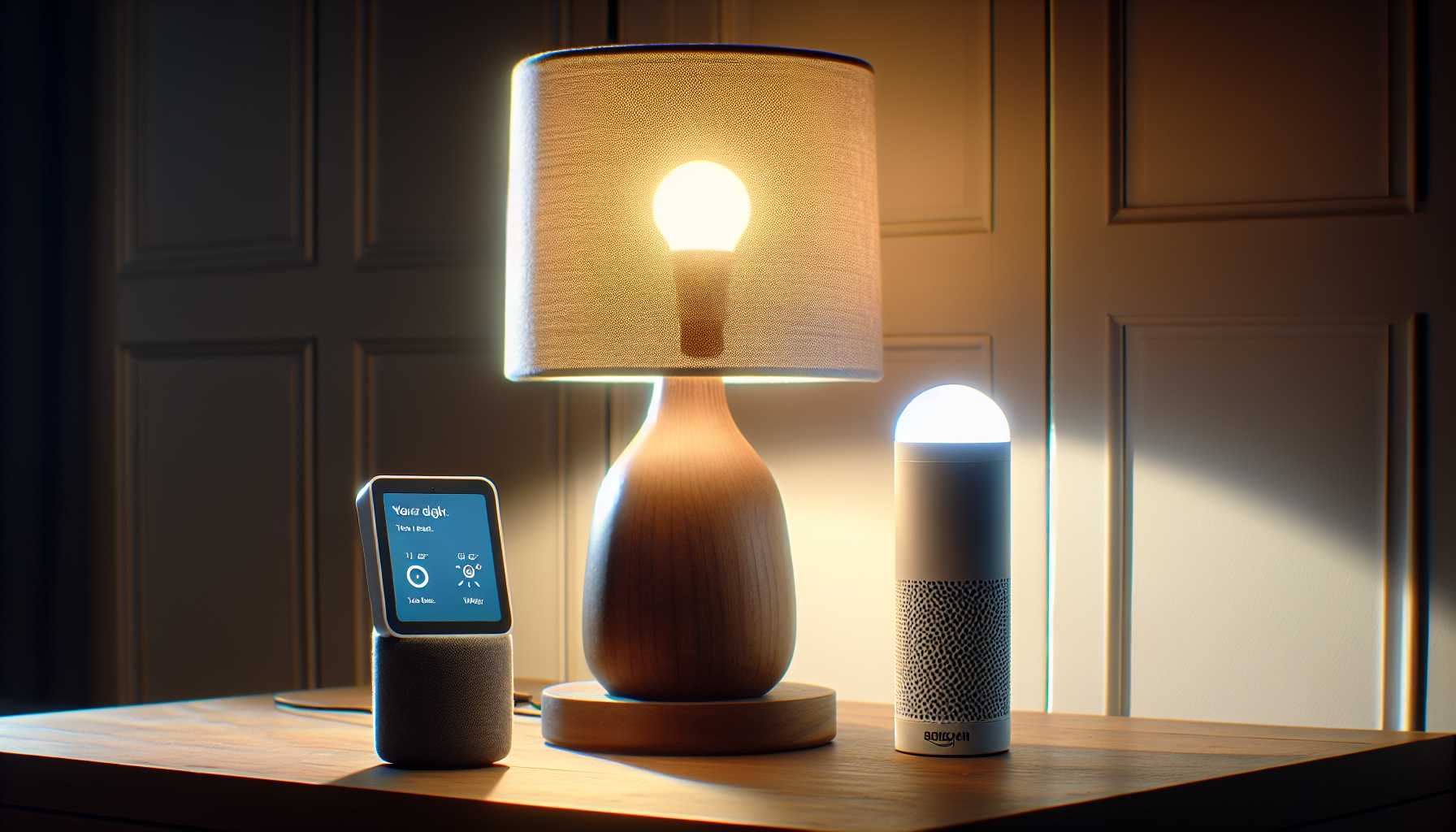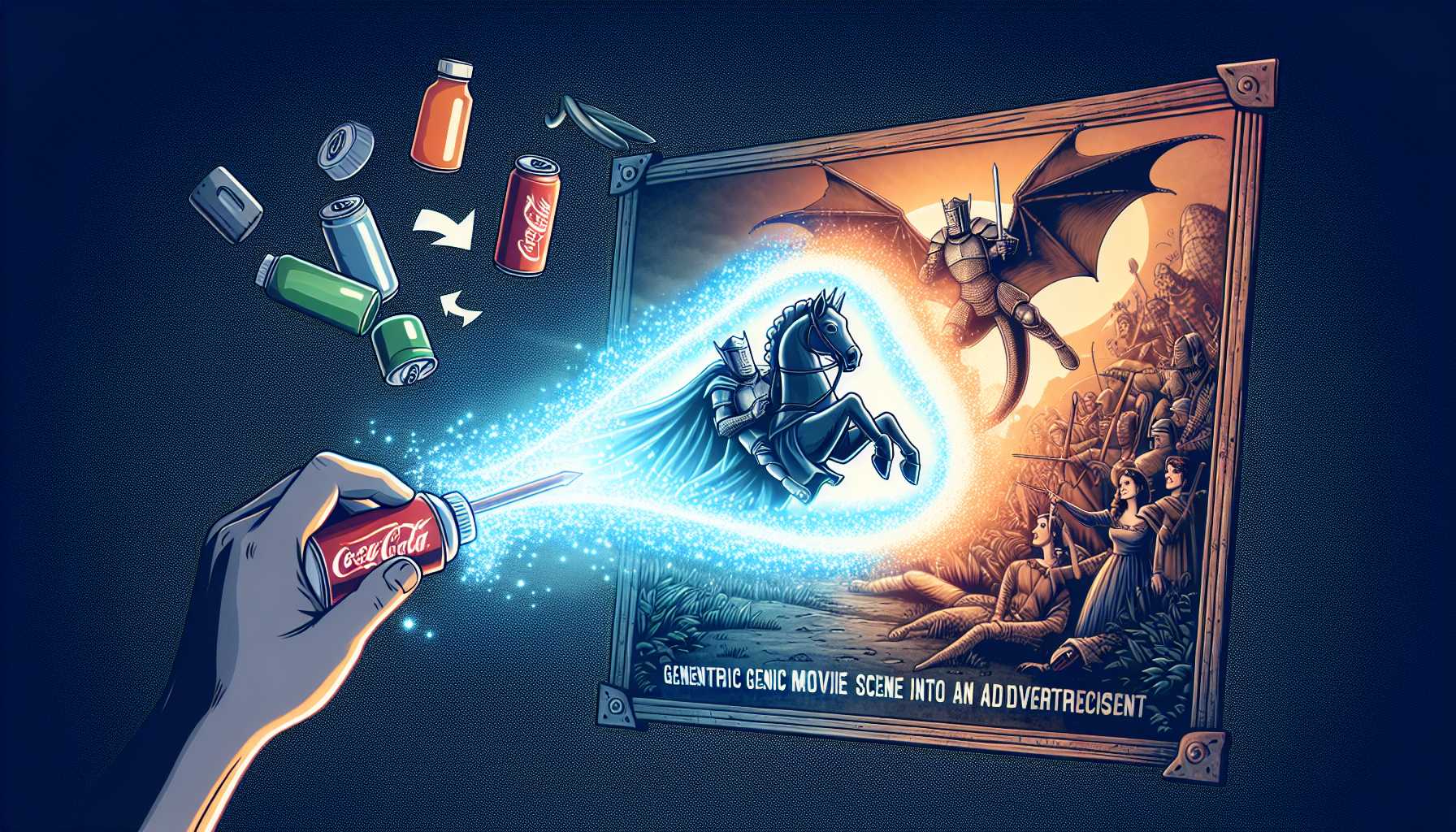The PWA Conundrum: Apple’s iOS 17.4 Beta 2 Throws a Curveball
The ever-evolving tech industry has given birth to another plot twist for developers and businesses alike, as Apple’s iOS 17.4 beta 2 introduces a perplexing change to the landscape of Progressive Web Apps (PWAs). For those unfamiliar, PWAs bridge the gap between traditional web pages and native mobile applications, offering users an app-like experience without the need for an actual download from app stores. The Starbucks example is the perfect illustration of PWAs in full flight: a seamless user experience, right from your home screen, adorned with the ability to receive those enticing push notifications akin to those from its native app brethren. However, in a move that’s left the developer community baffled, Apple seems to be pulling the rug from under these web-enabled spectacles, as the latest iOS beta suggests a shift back to browser-based interactions, consequently stripping away the notification capabilities and user data associated with PWAs. What’s particularly puzzling is whether this shake-up is a symptom of compliance with the EU’s new Digital Markets Act (DMA) or a strategic maneuver by Apple, given their history of “malicious compliance” allegations. The outcome could significantly reshape how developers approach web app experiences on iOS platforms.
Big League Endorsements: OpenAI and Apple’s Impressions.
Sam Altman, the helmsman at OpenAI’s ship, has recently cast a spotlight on Apple’s Vision Pro, heralding it as a titanic leap in technology, only bested by his company’s prodigious child, ChatGPT. It’s not just a hallmark of tech advancements but also a validation of Apple’s foray into what can be dubbed “spatial computing” – a paradigm where virtual worlds merge seamlessly with our physical reality. But at a princely sum of $3,500, Vision Pro’s auditory and visual symphony is currently serenading a select few, albeit 200,000 and counting.
Xbox’s Bold Move: From Exclusive to Inclusive
Turning the console wars narrative on its head, Xbox, under Phil Spencer’s stewardship, is hinting at a profound strategic shift by potentially bringing previously exclusive titles to rival platforms like PlayStation and Switch. While this may signal an inclusive future, it leaves the Xbox faithful grappling with the brand’s identity and the implications for their beloved console.
Disney’s Intelligent Bet: A $1.5 Billion Move into Epic Games and Metaverse Aspirations
In the unpredictable seesaw of the metaverse narrative, Disney has placed a weighty bet on the side of innovation and youth engagement with a colossal $1.5 billion investment in Epic Games. Aimed at creating an “open universe” that whispers of a symbiotic relationship with Fortnite, this venture is steered by the prescient Bob Iger, who sees the convergence of digital intimacy and Disney’s sprawling intellectual property as an opportunity ripe for the taking. But beyond the promise of metaverse mania lies the question of how traditional media paradigms will realign, with immersive digital experiences now vying for the limelight.
Perplexity AI’s Ambitious Outreach and Vercel’s Role
Perplexity AI is determined to leave an indelible mark in the realm of knowledge discovery, courting Vercel for a collaboration designed to embolden developers with the power to weave AI-driven functionalities into their creative tapestries. Tailoring applications with real-time, internet-sourced information without a cutoff date signifies an ambitious quest to elevate the accuracy and relevance of user queries, displaying the potential for AI to revolutionize the underpinnings of online search and interaction.
Arc Search’s Controversy: Innovation at What Cost?
Amidst the exaltation of AI’s inexorable march, The Browser Company’s Arc Search has struck a discordant note. Its ‘Browse for Me’ feature boasts the ability to digest and repackage web content, much to the dismay of content creators. The existential threat it poses to the monetization model of online publishing ignites a pivotal debate: Can technological innovation coexist with fair compensation for creators, or does it inevitably cannibalize the very ecosystem that fuels its ascendancy?
Amazon’s Alexa-powered Echo Show 8 Bundles Smart Tech with Convenience
Smart homes are becoming synonymous with seamless living, and Amazon’s Echo Show 8 encapsulates this trend with a bundled offering that brings AI assistance and smart lighting under one proverbial roof. The lure of voice-activated ambiance adjustments pairs with the convenience of a visual display, positioning the Echo Show 8 as a nodal point for a myriad of intelligent home possibilities.
Disney’s Magic Words: The New Ad Tech Magic Wand
Advertising in the digital milieu is set for a revolution with Disney’s Magic Words. This new AI-powered tool is designed to conjure a deeper connection between advertisers and viewers by aligning commercials with the contextual mood of streamed content. Disney+ and Hulu are the stages for this spellbinding match of brand messaging with consumer emotions, promising to shift the ad landscape toward a more nuanced and personalized viewer experience.
These developments paint a picture of an industry at crossroads, embracing the radical while balancing the fundamental. It boils down to an invariably primal question in tech advancements: Are we ready for what’s next, and at what cost?








